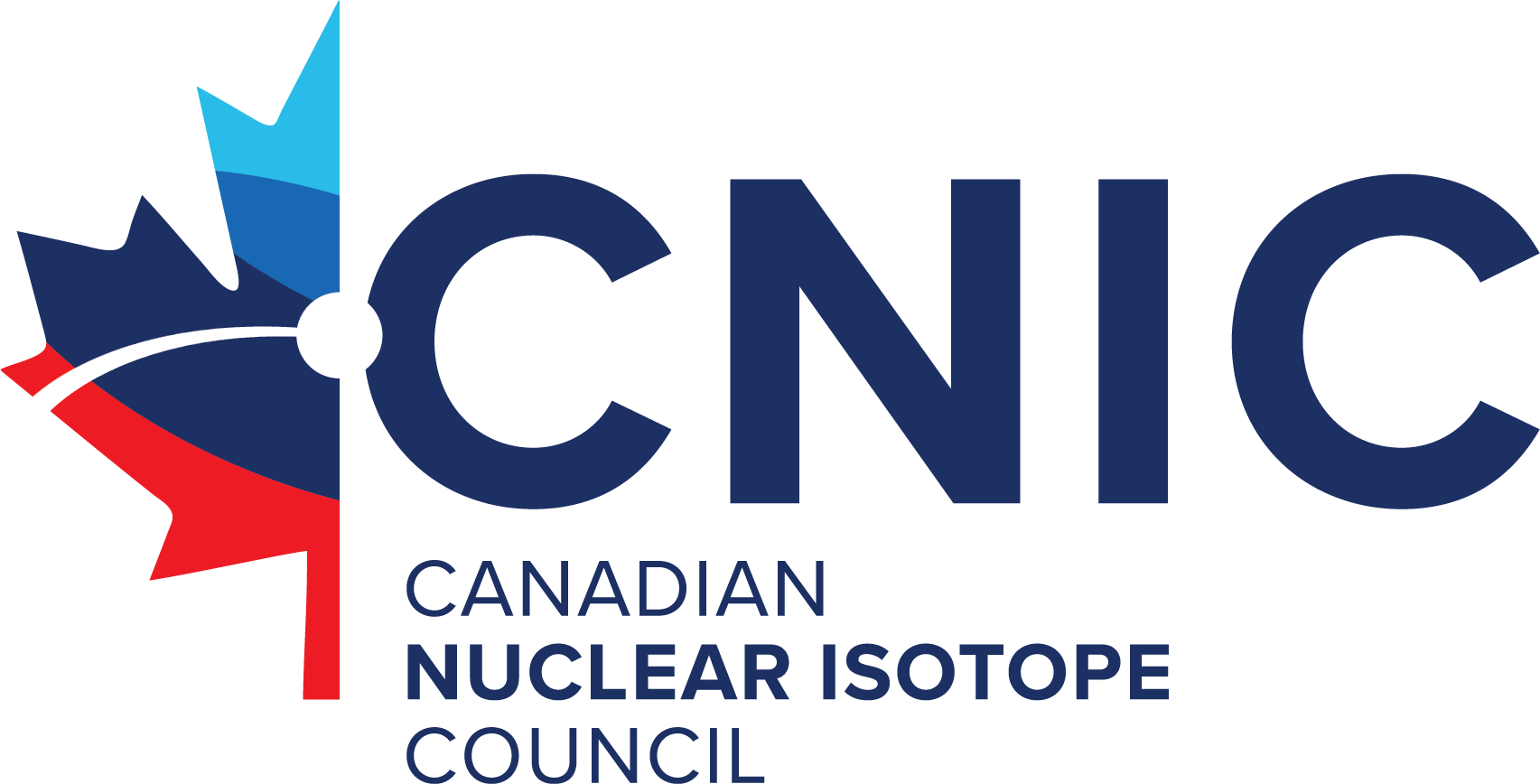Helium-3 (He-3) is a rare isotope used in research, border security and medical imaging
In a world where raw materials and supplies are under tension, Helium-3 (He-3), a rare isotope used in quantum computing, neutron research, border security and medical imaging, is no exception. Laurentis Energy Partners is responding by stepping up its He-3 production to help meet global demands.
As a stable (non-radioactive) and inert gas, Laurentis extracts the high purity He-3 from tritium stored at Ontario Power Generation’s Darlington Nuclear Generating Station, using a custom-designed tool.
In Q4 2021, Laurentis announced both the production of He-3 and a long-term agreement with Air Liquide for its distribution. Laurentis is now able to adjust its planned He-3 production to support industries impacted by global supply shortages.
“We were very pleased with our 2021 production performance which gives us the confidence to adjust our 2022 He-3 forecast,” said Mike Lefebvre, Operations Manager at Laurentis Energy Partners. “The teams supporting this project have really rallied together to prioritize resources and accommodate the expected increase in demand.”
“The teams supporting this project have really rallied together to prioritize resources and accommodate the expected increase in demand.”
Mike Lefebvre, Laurentis Energy Partners Operations Manager
Laurentis provides a civilian, non-military source of He-3.
He-3 has a wide range of applications:
- As a medical isotope, He-3 is a non-toxic inhalant used to produce highly detailed Magnetic Resonance Imaging (MRI) of airways in the lung.
- In border security, it is used in portal monitors to detect radioactive materials.
- In neutron research, it is used in colliders to study the shadow world of anti-matter, one of the great mysteries of the universe.
- In quantum computing, He-3 is used to reach near-absolute-zero temperatures, which reduces noise or interference in calculations; it is similarly used as a super-coolant in cryogenics.
- It is also a potential fuel in fusion reactors.
